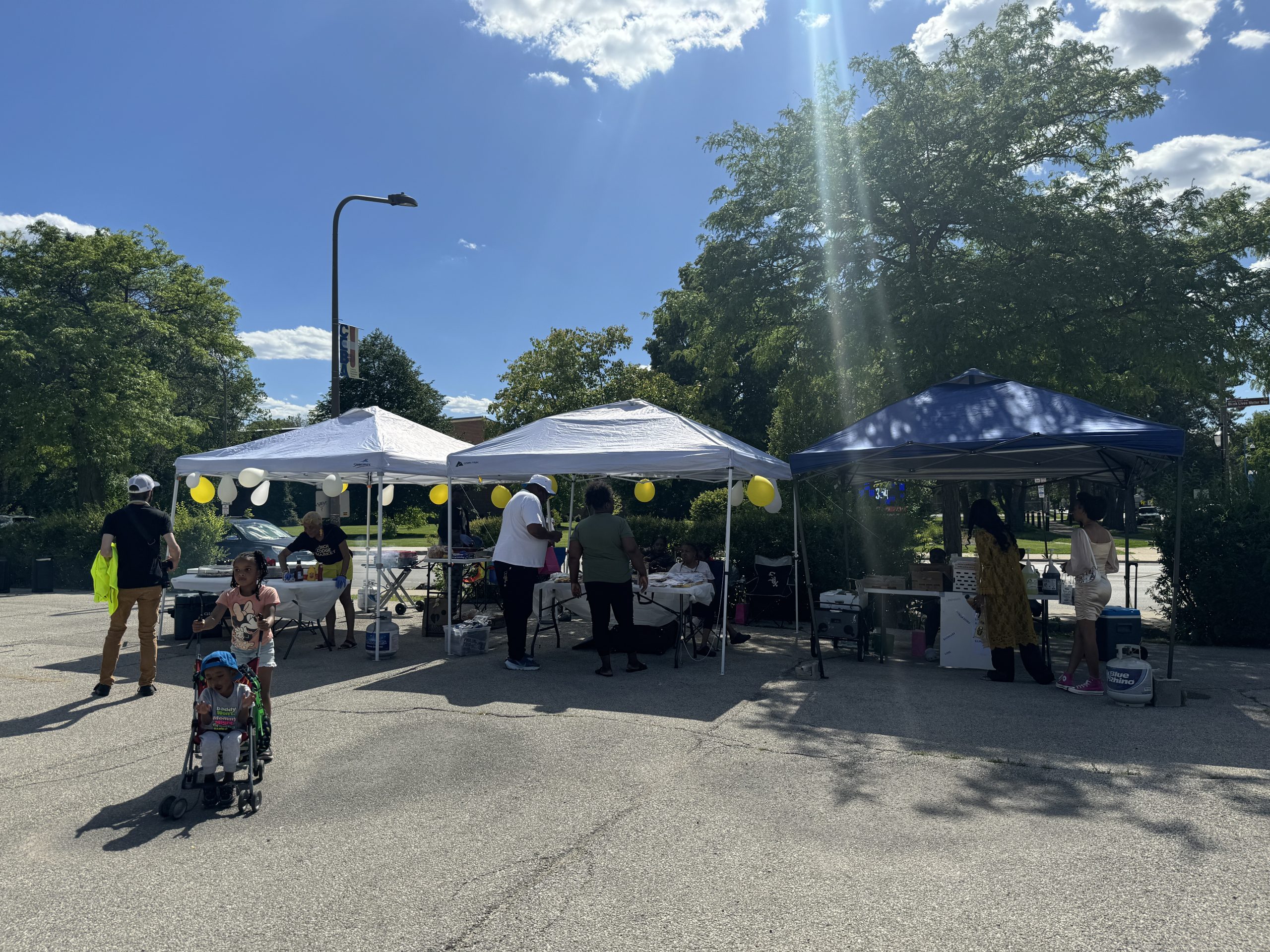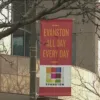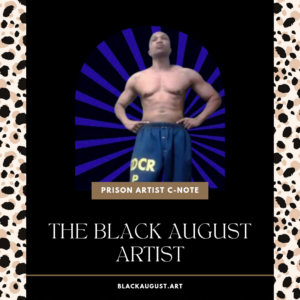
The Reparations Committee has officially moved its meeting to 909 Davis Street and the committee is now examining how downtown Black-owned businesses may be economically harmed by racism.
The goal of the economic harm study is to potentially introduce reparations for Black-owned businesses who are at risk for closure due to gentrification or intergenerational turnover.
Spearheading the study is Twyla Blackmound Larnell, an assistant professor of Political Science at Loyola University Chicago. For her research, she said she’s visiting Evanston and walking up and down the streets to learn about the community. Larnell highlighted the significance of Church Street and Dodge Avenue, a historically Black-owned business community.
“I’m focusing on just kind of uplifting and bringing more attention to the area in which Black-owned businesses have a legacy, which is Church and Dodge, which I have also enjoyed getting over there and chatting with everybody,”
One of the obstacles the potential proposal needs to overcome is language about race due to objections over diversity, equity and inclusion from the presidential administration. Larnell believes the more participation in the survey will provide “compelling evidence” of harm.
“We’re recognizing that the courts may not be as objective as our founders intended them to be, which means that going forward, any program even related to human rights or DEI is going to have to work double time to make sure that they have everything that they need to be able to overcome that legal standard and the way that the report is set up,” she said.
Committee chair Robin Rue Simmons supported the harm-based framework the survey is using because she views it in line with reparations.
“We really look at the work that we’re doing as harm based, and it just happens that Jim Crow law and the spirit of Jim Crow that lives within our current policy harmed Black people,” Rue Simmons said.
Larnell hopes to include more ways Black-owned businesses can become legacy organizations in the community. Study recommendations could include more technical assistance for permit paperwork and fees,
“A big part of this is trying to help reduce those growing pains trying to help business owners be able to overcome obstacles that could be easily overcome,” Larnell said.
Tina Paden, a landlord and community member, asked that Black landlords providing housing should be considered as businesses in the survey.
“There are business owners like myself that have owned rental units and provided affordable housing for well over 70 years, and we’re forgotten as a business,” Paden said.
The study should be completed by May, Larnell said. It will compare how Black-owned businesses Evanston fare in comparison with other cities.
Disbursement updates
For Ancestor disbursements, 135 out of 141 recipients have been reached, with a total amount of $3,468,600 disbursed. For Direct Descendants, 87 out of 97 contacted recipients have made their selections for a total amount disbursed of $2,036,388.
About $5.5 million in reparations has been disbursed to the community. Although the next round of disbursements is paused due to lower cannabis tax revenue, Rue Simmons encouraged the community to seek out updates directly from the committee.
“There was some misinformation within the community that we had stopped the reparations disbursements and we the city was not committed and you know some other things, it’s just not accurate,” she said.






